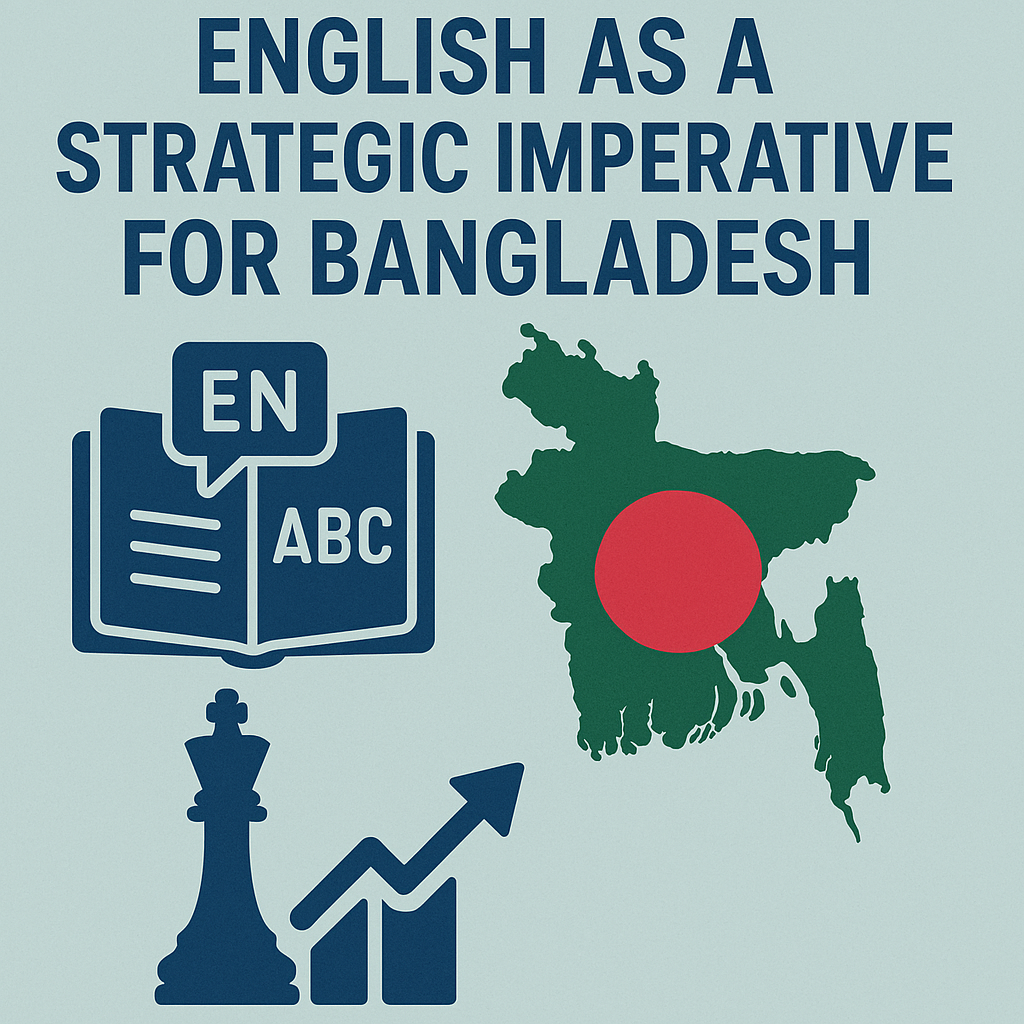Fly To Allah SWT With The Fast Flying Ramadan (12)

The Quran is renowned for its profound depth and multi-dimensional meanings that transcend time and cultural boundaries. It’s composed of 114 chapters or Surahs, encompasses science, legal rules, moral guidance, philosophical insights, arts and spiritual wisdom. The Surah Ya-Sin, often referred to as the “Heart of the Quran,” exemplifies the multifaceted nature of this holy text, revealing layers of meaning that necessitate a wide breadth of knowledge to fully comprehend.

At the core of the Quran’s interpretive richness is the concept that its verses (Ayahs) can be understood on multiple levels. Scholars and devotees alike have long debated and marvelled at the Quran’s capacity to convey messages that are both timeless and relevant to the contingencies of daily life. This attribute signifies that the Quran is not merely a book to be read but an invitation to embark on a journey of continuous discovery and reflection.
The multidimensional nature of the Quran suggests that its full comprehension requires more than a rudimentary understanding of Arabic or a superficial acquaintance with Islamic principles. It demands an engagement with a diverse array of disciplines such as theology, law, philosophy, history, and even science. The Quran’s verses often allude to natural phenomena, historical events, and moral quandaries, presenting them as signs (Ayat) of Allah SWT’s existence and the intricate balance of creation.
For instance, the Quran’s discourse on the natural world, from the development of the human embryo to the orbits of planets, not only fascinates scientists but also invites a reflection on the interconnectedness of all things. This scientific curiosity blended with spiritual inquiry demonstrates the Quran’s appeal to both the intellect and the soul, urging a holistic understanding of our existence within the universe.
Moreover, the Quran’s guidance on social justice, ethical conduct, and communal harmony is profoundly relevant in addressing contemporary issues. Its teachings on compassion, equality, and stewardship of the earth offer solutions to modern societal challenges, emphasising that wisdom from centuries ago can inform and improve our current way of life.
Engaging with the Quran, therefore, is an intellectual and spiritual exercise that enriches one’s understanding of the divine, the natural world, and human society. It continues to inspire deeper levels of contemplation and study, inviting believers and scholars to explore its depths with an open heart and a keen mind. The Quran’s enduring relevance and the multitude of its meanings highlight the necessity of diverse knowledge and the pursuit of lifelong learning, embodying the essence of the quest for pure knowledge.





